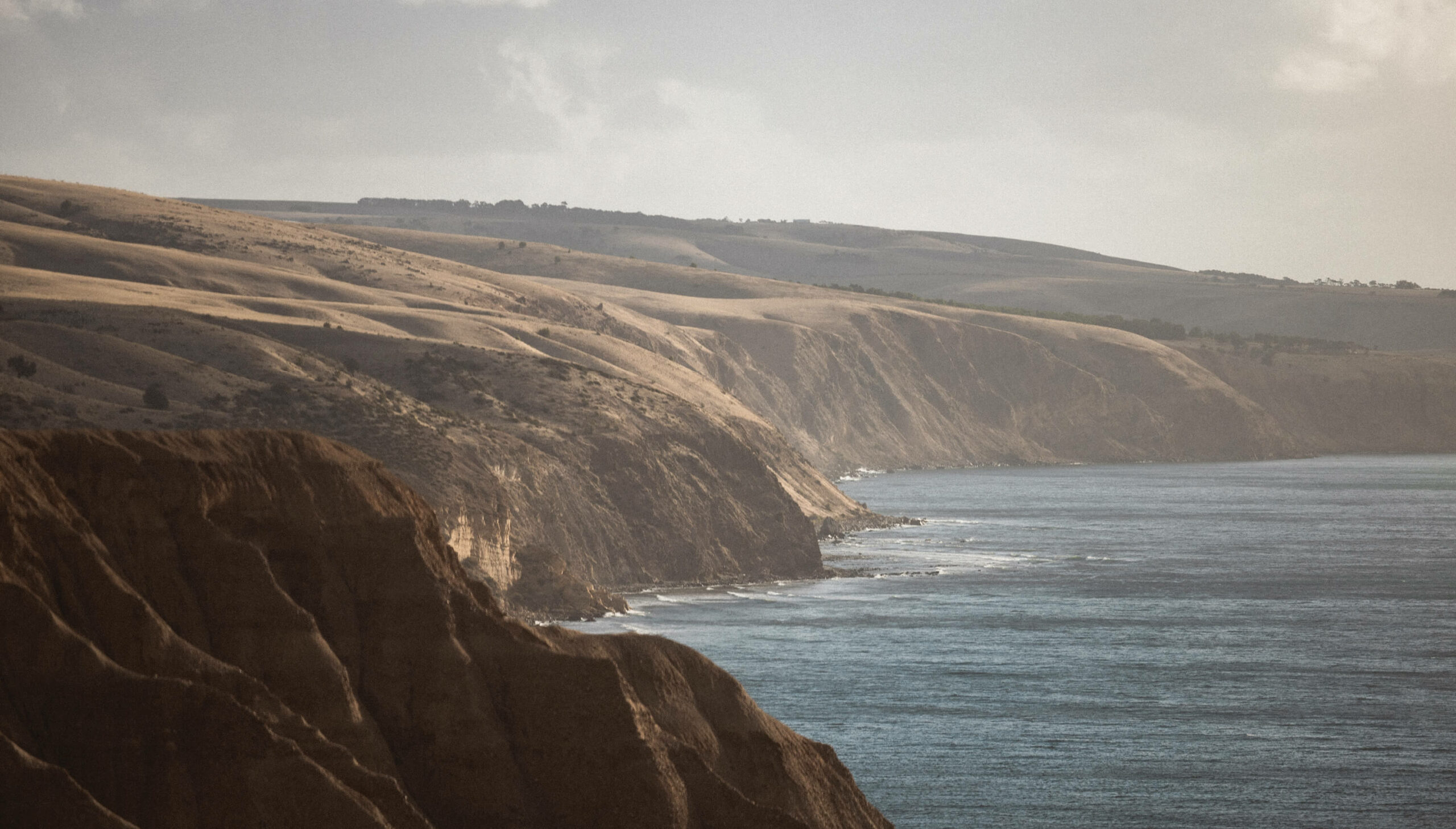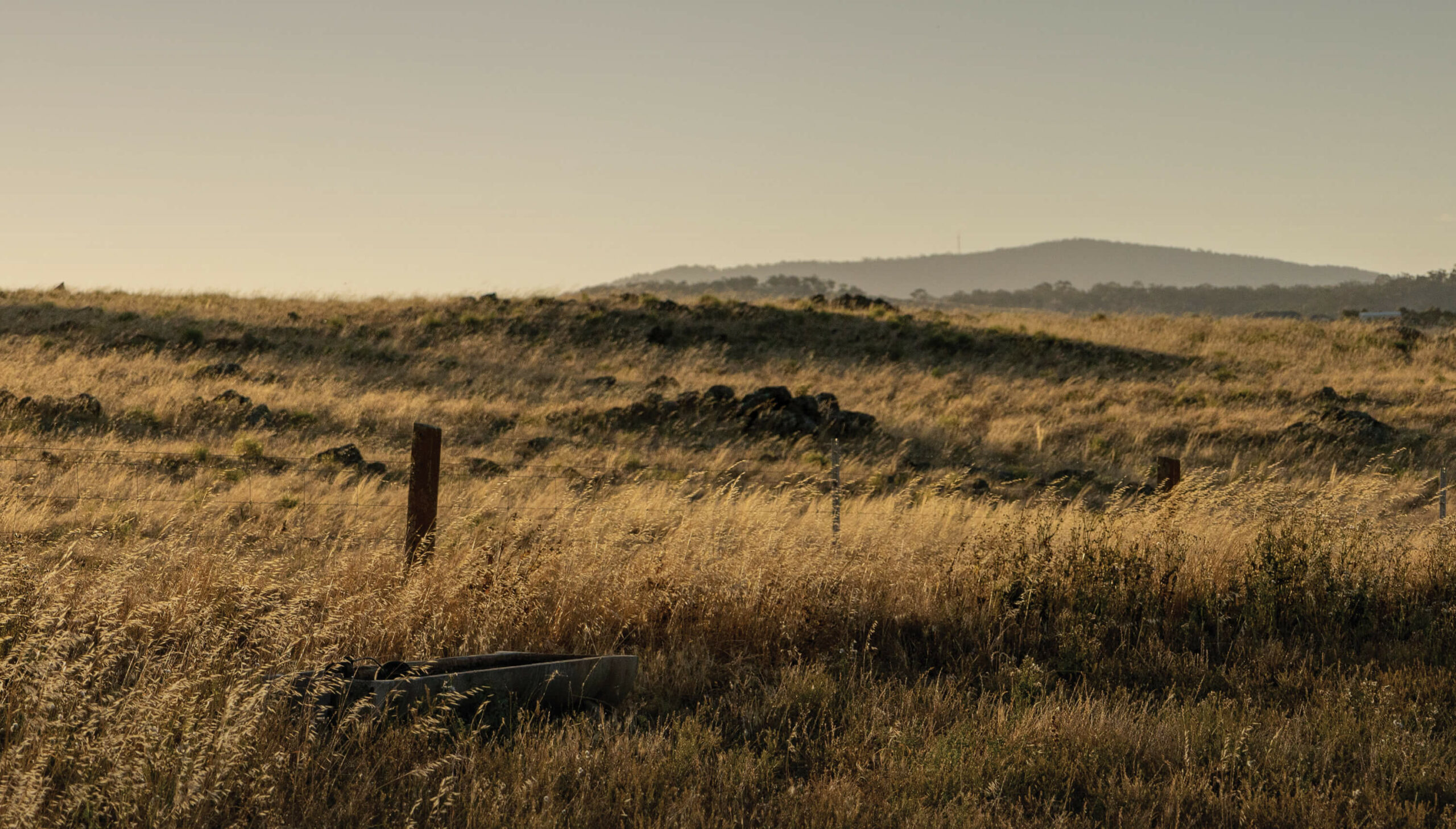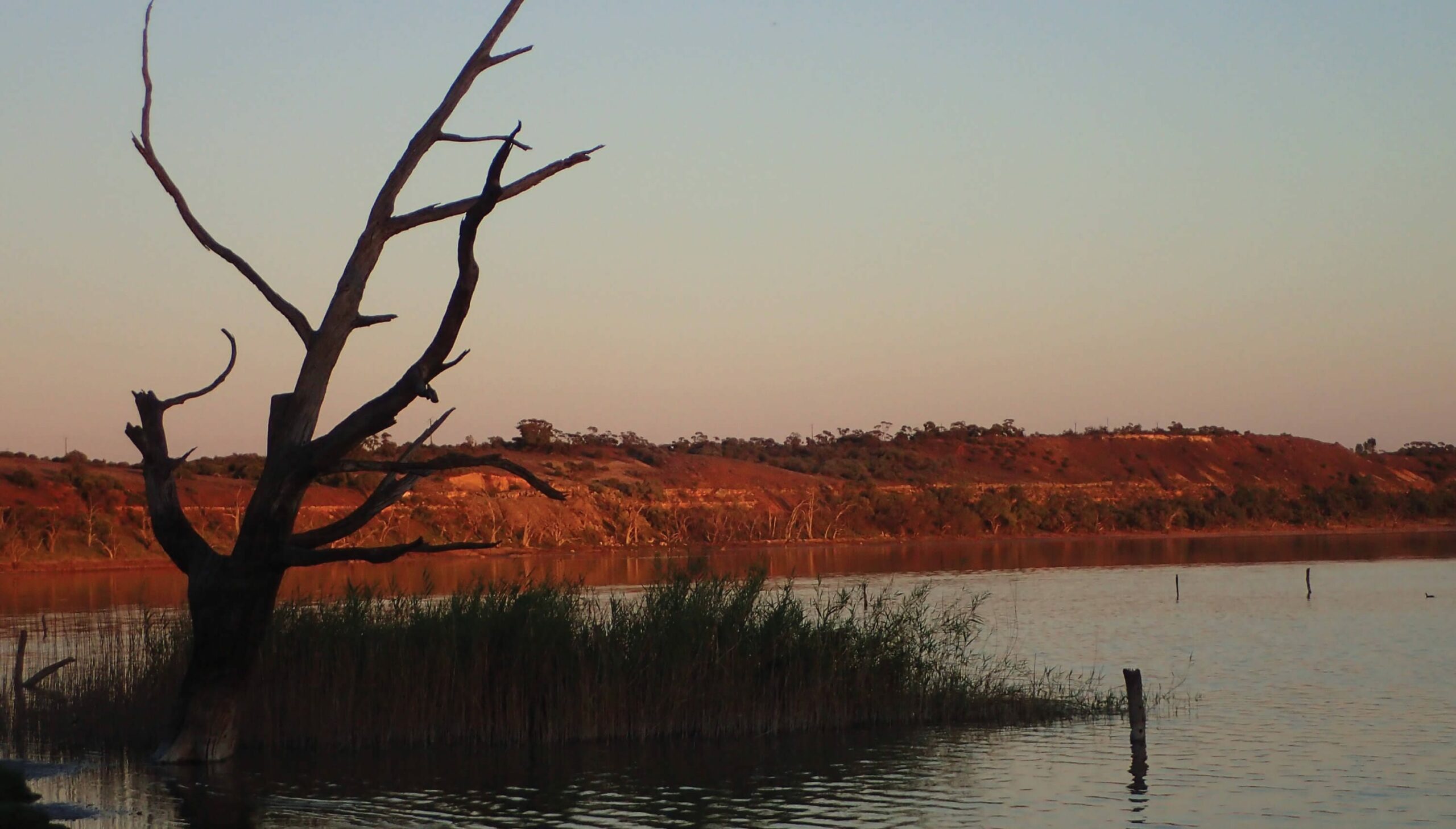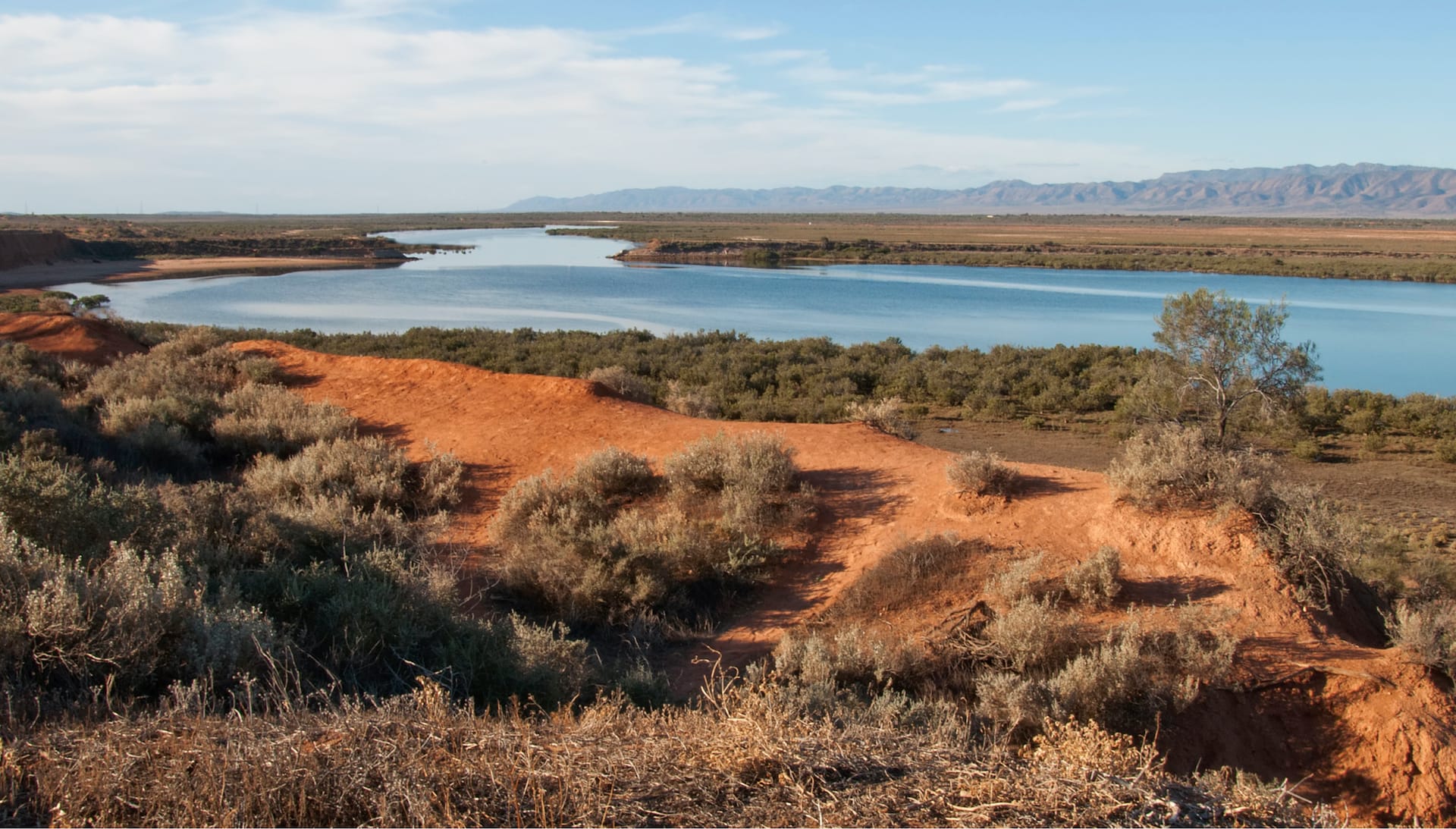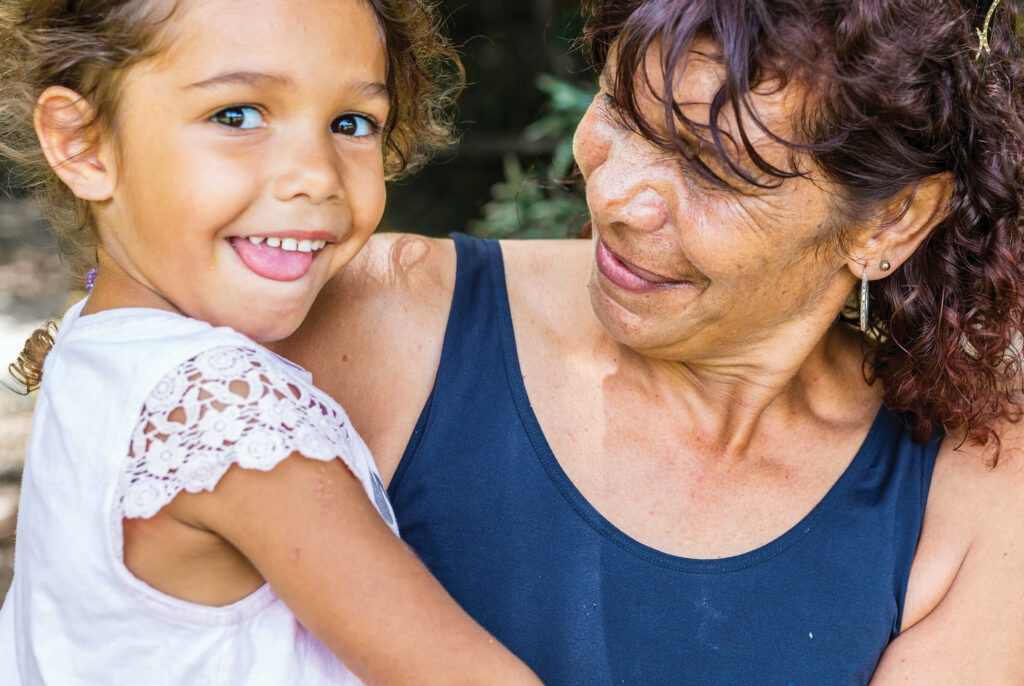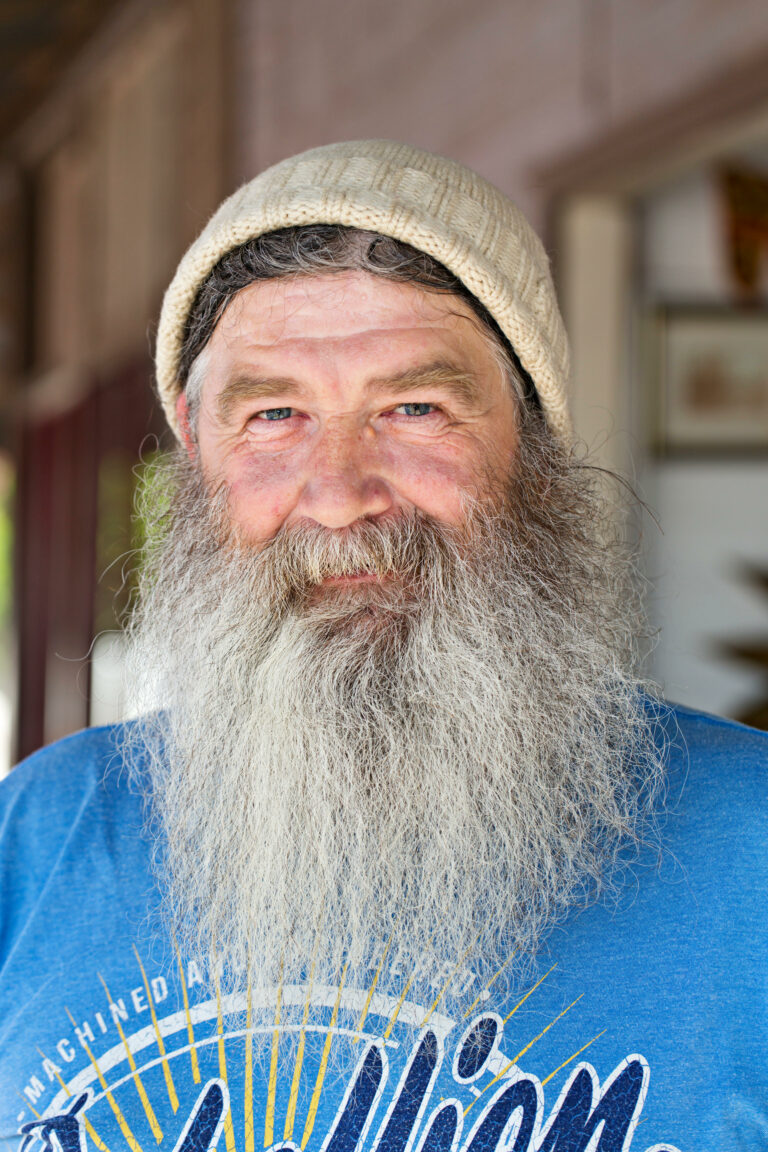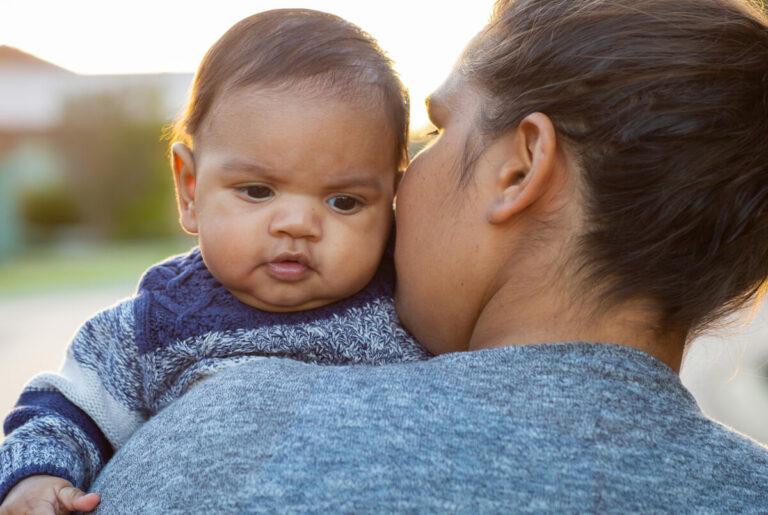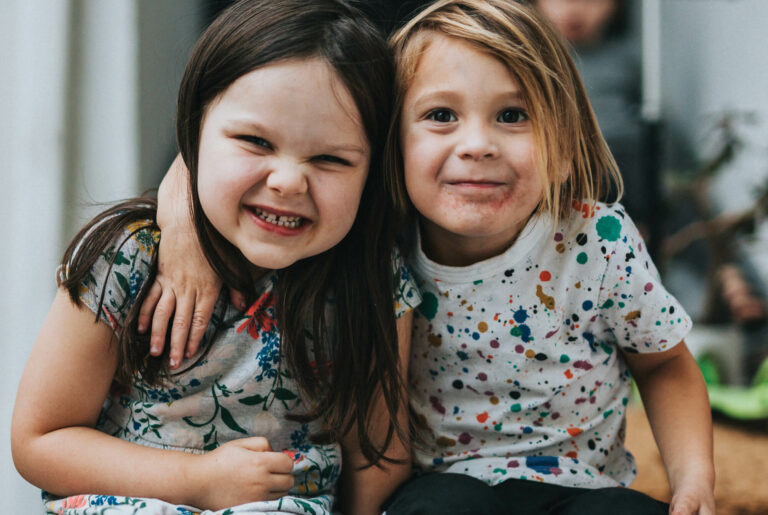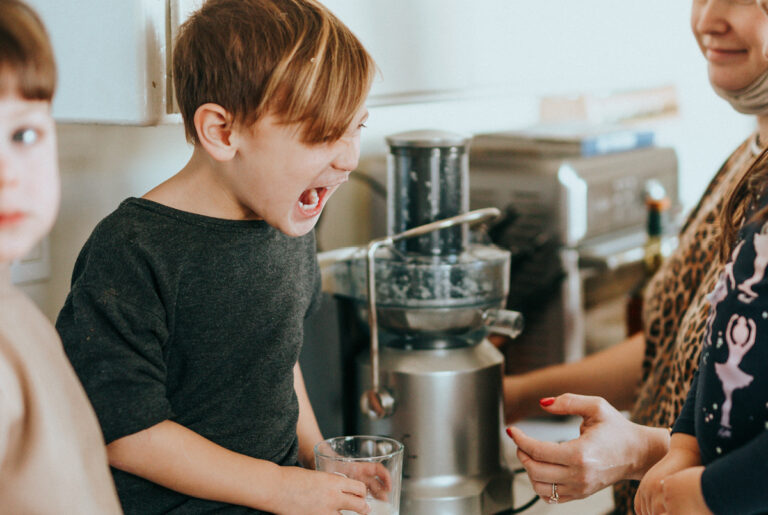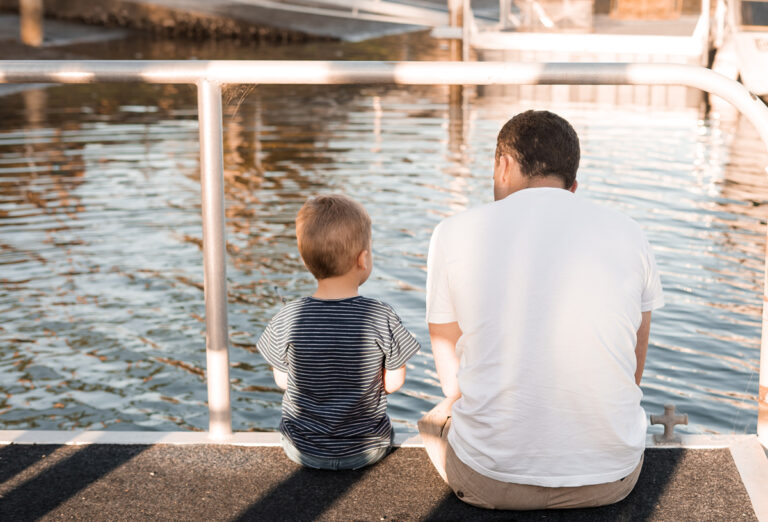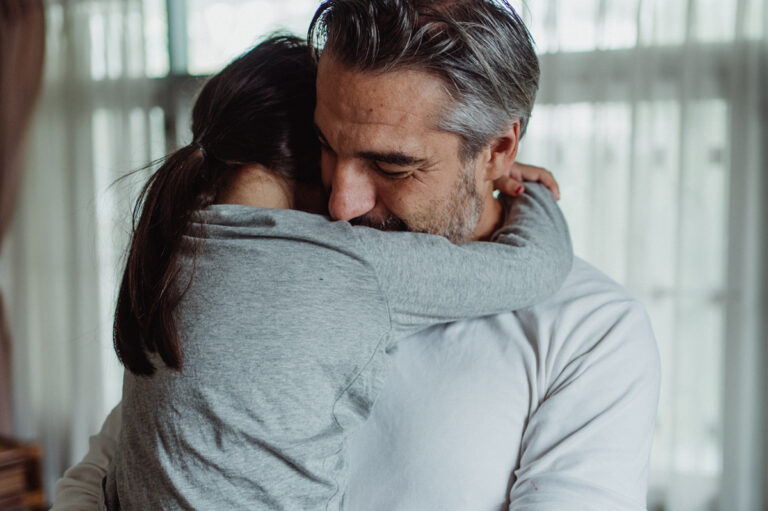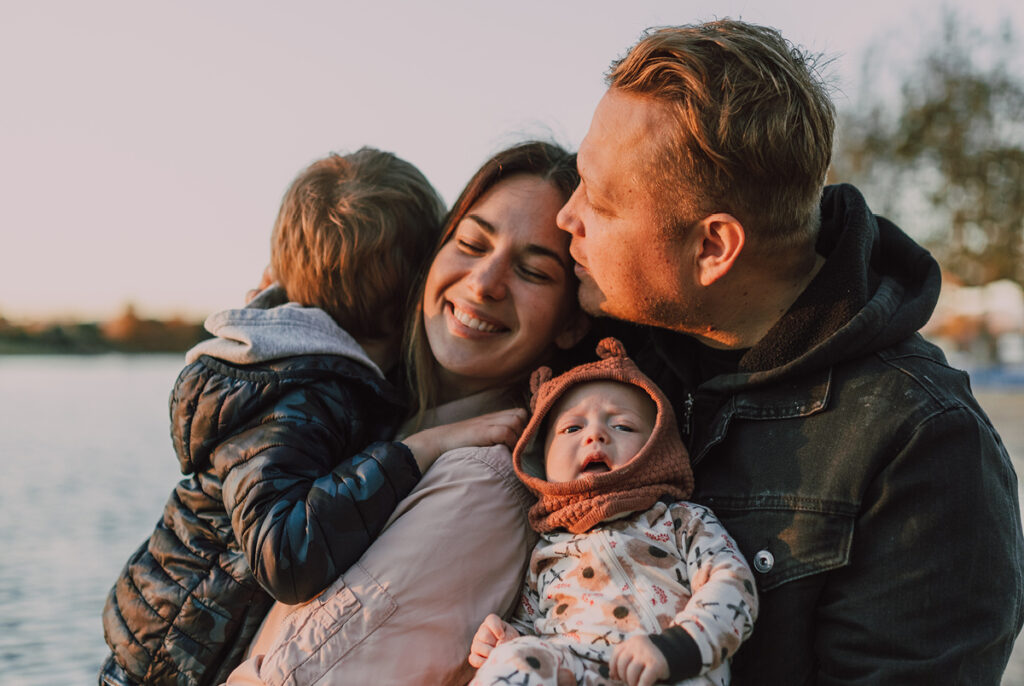개요
누구를 위한 것인가
가족 그룹 회의에는 아동 보호부에서 추천한 가족이 참여합니다. 우리는 부모, 자녀, 확대 가족 및 기타 가족 구성원과 협력합니다.
우리가 돕는 방법
가족이 함께 모여 자녀와 청소년에 대해 정보에 근거한 결정을 내릴 수 있도록 하는 가족 그룹 회의의 독립적인 조정 및 촉진.
뭘 기대 할까
가족 그룹 회의는 대면, 그룹 가족 세션으로 제공됩니다. 가족으로서 결정을 내릴 수 있는 개인적인 가족 시간과 공간이 이어집니다.
우리가 돕는 방법:
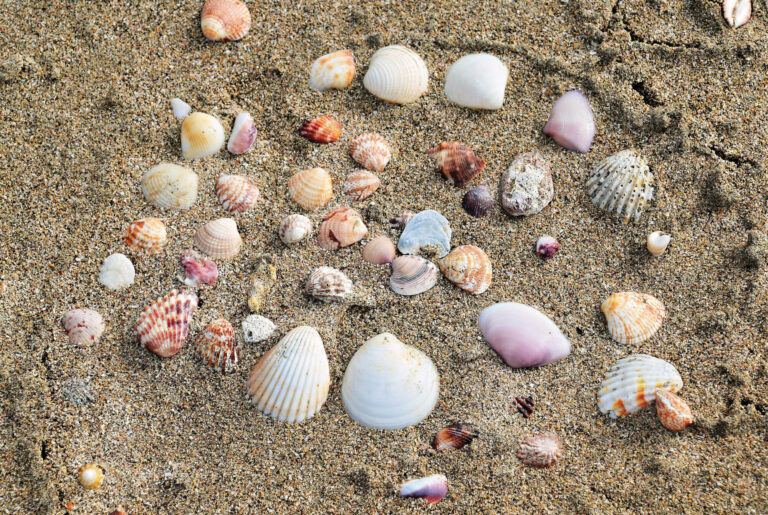
우리는 아이들을 중심에 둡니다.
원은 보호와 안전을 의미하며 그 경계는 공유와 기밀 유지를 장려하는 데 도움이 됩니다. 서클 작업을 통해 우리는 이야기 속에 앉아 다디리의 깊은 듣기 행위를 연결할 수 있습니다.
어린이를 위한
Ngartuitya(nar too it yah)는 '어린이를 위한'을 의미하는 애들레이드 평원 지역의 전통적인 소유자가 만든 Kaurna 개념입니다. 이 개념은 어린이를 소중히 여기고 조명하며, 어린이가 아닌 어린이를 위한 초점을 다시 설정합니다.
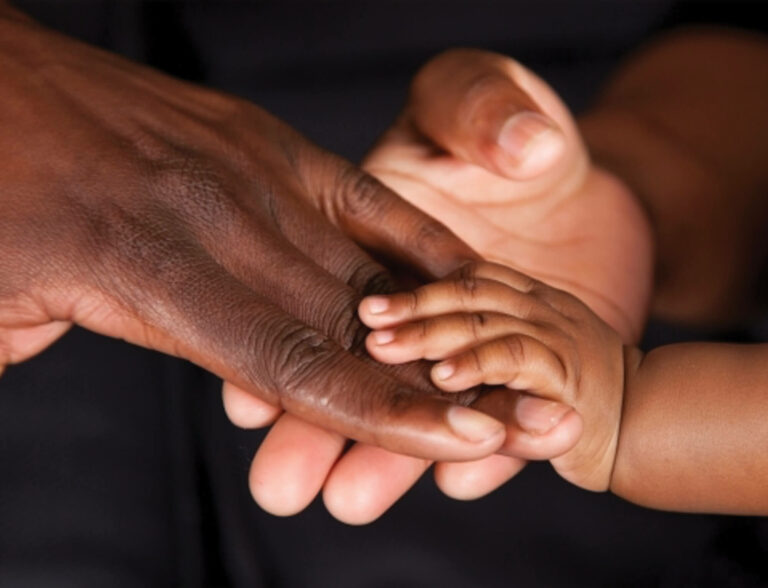
Ngartuitya Family Group Conference 팀은 문화적 정체성이 제공하는 보호 요소를 인식합니다. 다양한 문화적 배경을 가진 모든 가족에게는 가능한 한 적절한 Ngartuitya 코디네이터가 제공될 것입니다. 그의 역할은 회의 과정이 가족의 문화적 정체성을 지원하고 문화에 대한 자부심을 장려하도록 보장하는 것입니다.
아동 보호 시스템에서 원주민 어린이와 청소년이 과도하게 대표되는 것을 줄이는 것이 매우 중요합니다. Ngartuitya 가족 그룹 컨퍼런스 서비스는 가능하고 적절한 경우 원주민 코디네이터를 제공하여 서비스가 문화적으로 포용적이고 안전하며 원주민 가족을 존중하도록 보장합니다. 사우스 오스트레일리아에 살고 있습니다.
가족은 또한 가족 그룹 회의에 참석할 문화적 대표자를 선택할 권리가 있습니다.
가족 그룹 회의란 무엇입니까?
가족 그룹 회의는 아동 또는 청소년과 그 가족이 아동 또는 청소년의 돌봄 및 보호를 위한 자체 조치에 대해 정보에 입각한 결정을 내리고, 명시된 우선순위와 일치하는 자발적인 보호 조치를 취할 수 있는 기회를 제공합니다. 2장에서 2017년 아동 및 청소년(안전)법 (CYPS 법). 가족그룹회의를 소집하여 이전 회의에서 이루어진 준비와 결정을 검토할 수도 있습니다.
가족 그룹 회의는 다음을 인정하는 가족 주도 의사 결정 원칙에 의해 뒷받침됩니다.
- 가족은 자신의 삶의 전문가입니다.
- 그룹 회의에 참여하는 가족에는 자녀, 부모의 확대 가족, 심지어 실제로 혈연관계가 아닐 수도 있는 가족의 중요한 친구 및 이웃도 포함됩니다. 가족은 컨퍼런스에 문화적 대표자를 참석시킬 권리가 있습니다.
- 대가족과 지역사회를 포함한 가족은 어린이와 청소년을 돌보고 보호하는 데 중추적인 역할을 합니다.
- 가족이 자녀와 청소년에게 가장 좋은 것이 무엇인지에 대해 정보에 입각한 결정을 내릴 수 있도록 지원하고 어린이와 청소년, 가족 및 지역 사회에 혜택을 줍니다.
- 가족과 어린이가 의사 결정 과정에 안전하게 참여할 때 어린이를 위한 더 나은 결과가 달성됩니다.
- 어린이와 청소년이 가족 및 문화와 연결되는 것은 그들의 행복과 발달에 매우 중요합니다.
가족 그룹 회의는 어떻게 진행되나요?
- 가족이 Ngartuitya 가족 그룹 회의에 참여하려면 아동 보호부(DCP) 사회 복지사로부터 아동의 안전 문제에 대해 충분히 설명 받아야 하며 아동의 성장에 대한 위험을 최소화하거나 제거하기 위해 동의해야 합니다. 가족 전체의 접근 방식이 효과가 있을 수 있습니다.
- DCP 사회복지사는 회의에 참석할 수 있는 사람을 포함하여 가족 그룹 회의의 목적을 가족에게 설명합니다. 가족 그룹 회의에 참여하는 것은 자발적입니다.
- 가족이 참여에 동의하면 Relationships Australia South Australia의 Ngartuitya 가족 그룹 회의 서비스에 의뢰되며, 이들은 가족과 연결하여 추천에 대해 논의하고 회의를 준비할 것입니다. 여기에는 가족 구성원이 자녀의 이익을 위해 함께 모일 수 있도록 지원하는 Ngartuitya 코디네이터 할당이 포함됩니다.
- 준비 단계는 Ngartuitya 코디네이터가 가족과 긴밀히 협력하여 아동 보호에 긍정적으로 기여할 수 있는 모든 사람들이 회의에 초대되도록 하기 때문에 중요한 단계입니다.
- Ngartuitya 코디네이터는 아동이나 청소년, 부모와 협력하여 누가 가족 그룹 회의에 참석할 수 있는지 결정할 책임이 있습니다. 이 결정은 개인의 참여가 가족 그룹 회의 동안 아동의 복지를 지원하는 합의에 도달하는 데 유용한 기여를 할 수 있는지 여부에 따라 내려집니다.
- Ngartuitya 코디네이터가 참석하여 가족 회의의 원활한 진행을 촉진합니다. DCP 사회 복지사도 참석할 것입니다.
- 가족 계약은 아동 보호부가 제기한 우려 사항을 다루어야 합니다. 가족 계약은 부모/보호자, 아동 또는 청소년(참석한 경우) 및 DCP 사회복지사가 동의해야 합니다. 당시 회의.
- 가족 그룹 회의에서 내려진 모든 결정에 대한 서면 기록을 제공하는 것이 Ngartuitya 코디네이터의 역할입니다. 여기에는 보육 준비, 문화적 지원 및 연결, 연락 준비뿐만 아니라 부모/보호자, 기타 기관 및 가족 구성원이 요구하는 모든 조치에 대한 결정이 포함될 수 있습니다.
Ngartuitya Family Group Conferencing 팀은 여러분의 피드백을 듣고 싶어하며, 각 참가자에게 자신의 경험에 대해 연락하여 무엇이 잘 되고 있고 무엇을 더 잘 해야 하는지 이해하는 데 도움을 줄 것입니다.
가족이 Ngartuitya 가족 그룹 회의(NFGC)에 참여하려면 아동 보호부(DCP) 사회복지사로부터 아동의 안전 문제에 대해 충분히 설명을 받아야 하며 아동의 성장에 대한 위험을 최소화하거나 제거하는 데 동의해야 합니다. , 가족 전체의 접근 방식이 효과가 있을 수 있습니다.
가족 그룹 회의에 대한 가족의 참여는 자발적입니다.
가족이 참여에 동의하면 Relationships Australia South Australia의 Ngartuitya 가족 그룹 회의 서비스에 의뢰되어 가족과 연결되어 회의 준비에 대해 논의하게 됩니다. 여기에는 가족 구성원이 자녀의 이익을 위해 함께 모일 수 있도록 지원하는 Ngartuitya 코디네이터 할당이 포함됩니다.
아동, 부모 및 모든 가족 구성원이 목적을 이해하고 NFGC에 참여하기로 동의하면 Ngartuitya 코디네이터는 가족이 함께 모여 가족으로서 어떻게 함께 일할 것인지 논의할 수 있도록 적절한 장소와 시간을 마련할 것입니다. 아이를 지원하기 위해.
가족그룹 회의 당일에는 Ngartuitya 코디네이터가 행사장에 참석하고 가족 구성원도 참석합니다. 화상이나 전화 링크를 통해 직접 방문하거나 Ngartuitya 코디네이터가 참석할 수 없는 사람들의 서면 기여를 제공할 수 있습니다. 토론을 환영하고 촉진할 수 있는 공간이 마련될 것입니다.
- Ngartuitya 가족 그룹 회의 소개 – 첫 번째 부분은 가족이 함께 앉아 Ngartuitya 코디네이터가 DCP 사회 복지사를 포함하여 참석한 모든 사람이 목적, 각 개인의 역할 및 책임을 인식하고 해결해야 할 아동의 안전 문제가 명확하게 확인되도록 할 수 있습니다. 참석한 모든 사람.
- 가족 시간 – 이것은 가족이 제기된 문제를 해결하기 위해 가족과 지역 사회 내에서 어떤 솔루션을 제공할 수 있는지 결정을 내리는 개인적인 시간과 공간입니다. Ngartuitya 코디네이터는 가족이 요청할 경우 촉진 지원을 제공할 수 있습니다. DCP 사회 복지사는 가족 시간의 일부가 아닙니다
- 가족 계약(계획) – 가족 계약은 아동이나 청소년의 안전과 복지 문제를 해결하기 위해 무엇을, 누가, 언제 취해야 하는지 명시해야 합니다. 가족 계약을 승인해야 하는 DCP 사회 복지사를 포함한 모든 참가자는 내려진 결정에 동의하고 회의에서 합의된 기간 내에 자신의 역할과 책임을 이해해야 합니다. Ngartuitya 코디네이터는 참석한 모든 사람이 가족 계약서 사본을 받도록 보장합니다.
Ngartuitya 코디네이터와 DCP 사회 복지사는 3개월 이내에 가족을 추적하여 가족 계약이 어떻게 작동하는지 확인하고 조정 사항을 지원할 것입니다. Ngartuitya 코디네이터는 가족을 확인하고 가족 모임을 다시 주선하고 다른 회의에 참여할 수 있습니다.
가족그룹회의에 참여한 가족 중 2명 이상이 필요하다고 판단하는 경우, 가족은 검토를 요청할 수 있습니다.
그룹에 참여하는 가족 회의는 포함하다이자형 어린이들, 부모, 펼친 가족 및 가족의 중요한 친구 및 이웃(실제로는 혈연관계가 아닐 수도 있음) 문화적 대표자가 포함될 수 있습니다.
대가족과 지역사회를 포함한 가족은 어린이와 청소년을 돌보고 안전하게 지키는 데 중요한 역할을 합니다.
자금 승인
Ngartuitya 가족 그룹 회의는 남호주 아동 보호부에서 자금을 지원합니다.
